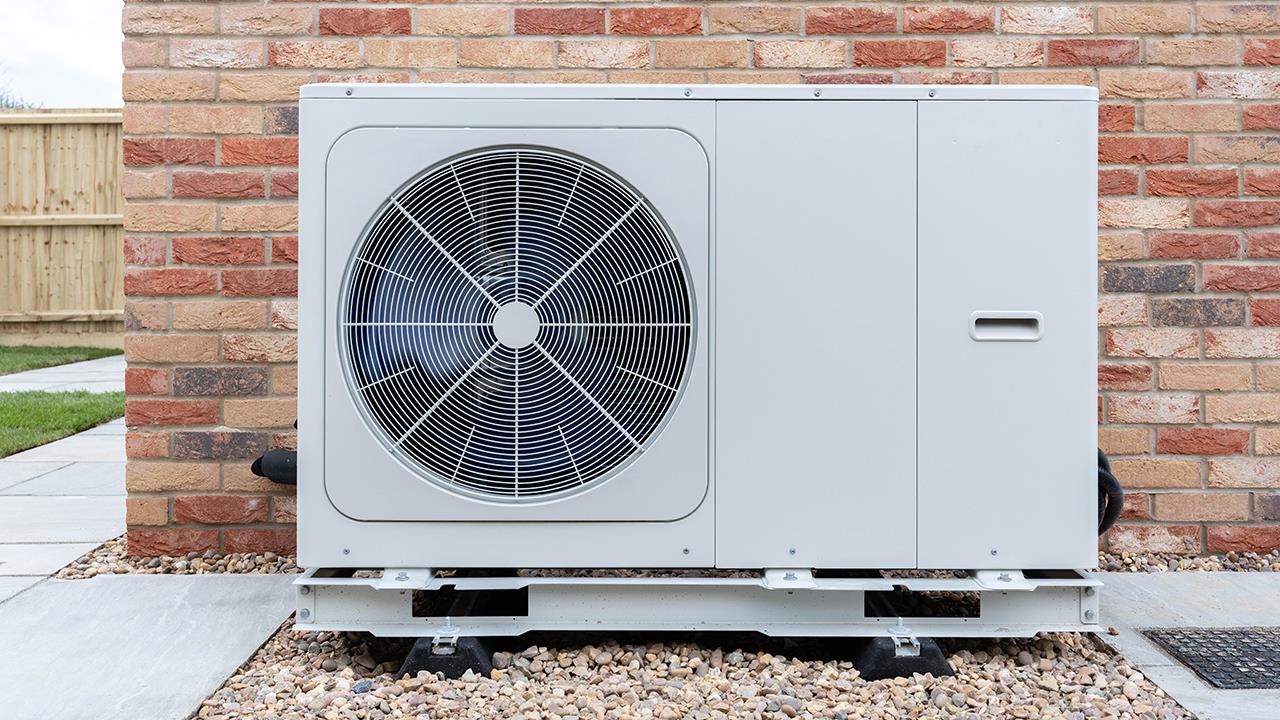

Previously under the BUS a property was required to have a valid EPC (less than 10 years old) with no outstanding recommendations for loft or cavity wall insulation. DESNZ has announced that the requirement for loft or cavity insulation will be removed from the scheme, which could reduce the costs associated with installing a heat pump on a semi-detached property by around £2,500, it says.
DESNZ says properties should still be appropriately insulated so families can heat their homes for less and save money on their bills, however removing the mandatory requirement will mean households can spread changes out at a pace that works for them, so families aren’t hit with one large bill.
The government has also announced that biomass boilers with an integrated cooking function as newly eligible for support under the BUS, but only up to £5,000, compared to £7,500 for heat pump technologies.
The installation of biomass boilers through the BUS is also subject to very specific criteria. They must be installed in properties located in rural areas with no connection to the gas grid and burn only solid biomass. Installations must also have an emissions certificate which demonstrates the polluting emissions are kept to a minimum.
Energy Security Secretary, Claire Coutinho, said: “We’ve already supported families by making our Boiler Upgrade Scheme one of the most generous in Europe and now we’re making heat pumps even cheaper and easier to install.
“This is all part of our wider plan to ensure we cut our emissions and make homes more energy efficient without burdening families with high costs."
In another significant change to policy, DESNZ has announced that the introduction Clean Heat Market Mechanism (CHMM) has been delayed to 1 April 2025. Initially planned to come into force from April 2024, the CHMM is a market incentive aimed at boosting heat pump sales by fining boiler manufacturers that do not sell enough heat pumps.
The government has launched a consultation on the delayed introduction which can be viewed here.
Responding to the announcement on the future of the CHMM, Mike Foster, CEO of the Energy and Utilities Alliance, said: “We welcome the delay in the introduction of the boiler tax, as confirmed today by the government. It ends weeks of speculation in the media. However, this decision is clearly political, not about heating policy. The government have set a trap for a future administration, which according to the polls is likely to be Labour, knowing the 'boiler tax' from 2025 is likely to be around £200.
"But it is an obvious trap, so obvious it has warning lights and bells attached. It could be up to Labour ministers to decide whether to go ahead with the boiler tax, but they have been warned, the public don’t like it; it hits the least well off the hardest and the whole policy needs to be revisited before it harms British companies and British workers.”
David Cowdrey, Director of External Affairs at the MCS Foundation, said: “It is extremely disappointing to see that the government has postponed one of the most important policies for getting the UK off fossil fuel heating.
“The Clean Heat Market Mechanism is crucial to the rollout of heat pumps, which are the only viable option to decarbonising at scale the 17% of UK emissions that are created by heating our homes.
“The government needs to immediately set out plans for how it intends to fill the huge gap in heat pump plans that they have just created. We need clear and consistent policy more than anything, and without that the UK’s target of installing 600,000 heat pumps a year by 2028 is in serious jeopardy.”
If you'd like to keep up-to-date with the latest developments in the heating and plumbing industry, why not subscribe to our weekly newsletters? Just click the button below and you can ensure all the latest industry news and new product information lands in your inbox every week.